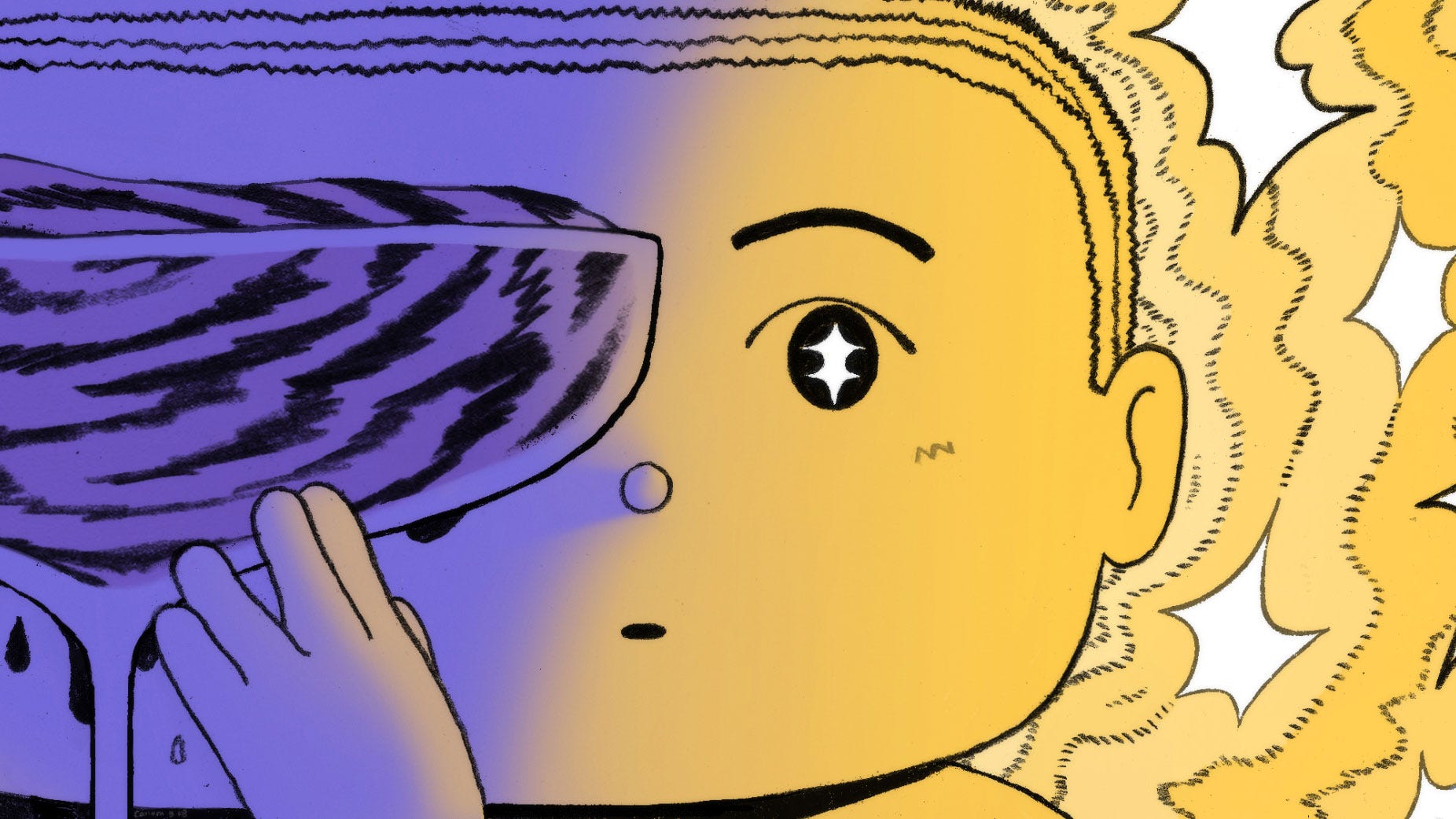I Didn't Know I Was Trans Until I Got Sober
When I stopped drinking, I finally realized the deep sadness I'd been trying to drown with alcohol was really gender dysphoria.
The sound of voices in the corridor outside roused me from my fitful sleep. The instant I forced my eyes open, the all-too-familiar feeling of dread gushed through my body. I winced as I leaned on my arm to heave myself upright. The fresh stitches on my forearm from my most recent self-harm tugged sharply. With blurry eyes, I squinted at the clock: 10:43 a.m. This meant I had to wait one hour and 17 minutes until I could have a drink. I never drank before midday; only alcoholics did that.
This hollow feeling of dread had been with me for as long as I could remember, continually gnawing away at my insides. I tried to explain it to my dad when I was about nine years old. All I could tell him was that I felt sick and that something was terribly wrong. My dad took me to a doctor who, of course, found nothing physically wrong with me.
Keep reading with a 7-day free trial
Subscribe to Narratively to keep reading this post and get 7 days of free access to the full post archives.



